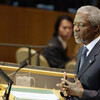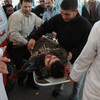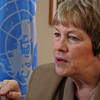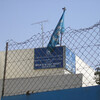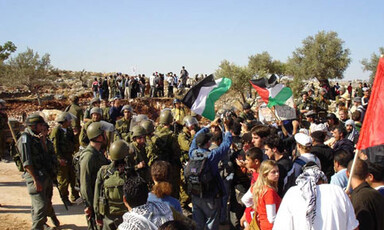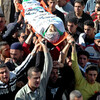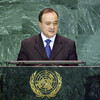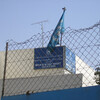
Strong support for UNRWA as major hosts and donors meeting concludes
18 November 2005
The second day of the United Nations Relief and Works Agency for Palestine Refugees (UNRWA) Hosts and Donors Meeting, being held at the Dead Sea, opened with an address by Dr. Marwan Muasher, the deputy prime minister of Jordan. Karen AbuZayd, the UNRWA Commissioner-General, applauded Jordan’s many efforts on behalf of Palestine refugees as “exemplary.” Muasher, in turn, expressed strong support for UNRWA. “Its budget should be strengthened and expanded, so as to be able to raise the living standards of Palestine refugees living in Gaza and elsewhere.” Read more about Strong support for UNRWA as major hosts and donors meeting concludes

